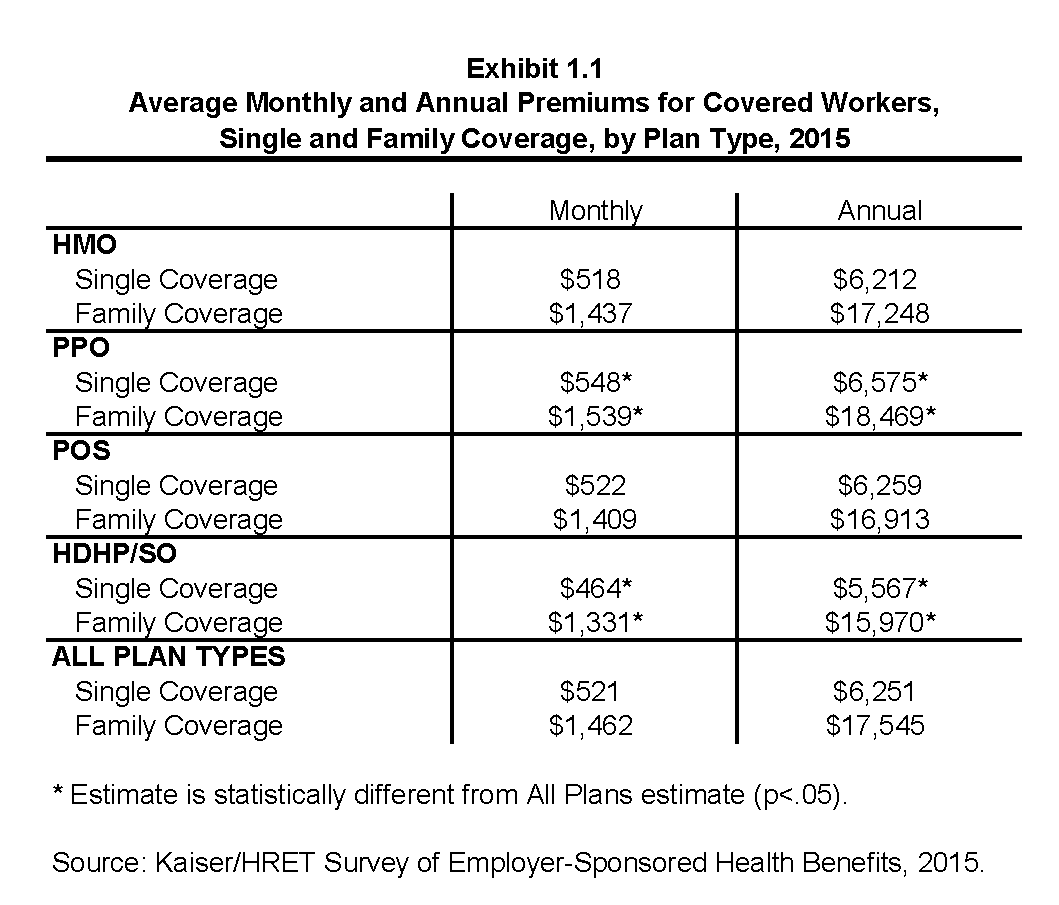
They include features that convert quotes into invoices automatically and track billable hours. Most offer client portals to get the approval of estimates easily so that you can get to work and get paid. Enterprise resource planning (ERP) software includes all the features of accounting software, plus additional features such as CRM, inventory management and project management. ERP software is typically used by larger businesses while accounting software is more suited for small businesses. If you have less than $50,000 per year in revenue, you can sign up for the Zoho Books Free plan.

Reviewing requires a business to collect and analyze all the information needed in order to create an invoice or bill. Invoices and bills are used for fundamental administrative and communication reasons to keep everyone on track. You can also leverage billing codes to assess how you spend your resources and time. Recognizing price patterns and resource usage can help when you grow larger. If you are looking to understand how our products will fit with your organisation needs, fill in the form to schedule a demo. With over a decade of editorial experience, Rob Watts breaks down complex topics for small businesses that want to grow and succeed.
Intuit QuickBooks
The $13-per-month plan limits you to 20 invoices per month, but there’s no limit to the number of clients you have. To get project and expense tracking, you’ll have to upgrade to the highest-priced plan ($70 per month). Both plans for Square Invoices allow you an unlimited number of invoices, and you can schedule recurring invoices for regular clients. Paid plan users can add custom fields to invoices and they can set up milestone-based invoices for longer projects. Beyond automation, OneUp showcases flexibility in its approach to client management.
Utilizing accounting software or dedicated billing tools can simplify the process, reduce manual errors, and enhance the overall effectiveness of the billing process. In this article, we will delve into the world of billing in accounting, exploring its definition, importance, process, components, types, terms, and challenges. By gaining a comprehensive understanding of billing, businesses can optimize their financial operations and improve customer satisfaction. Accounting software can improve productivity by automating time-consuming tasks, such as invoicing and tracking payments.
- If an invoice isn’t issued problems can arise when collecting the payments your business is owed.
- The business collects payment for a certain amount or duration of service upfront, and then provides the goods or services as promised.
- Obtaining timely and adequate customer payments is essential for any business.
- This adaptability extends to bank connections, seamlessly integrating with over 9,600 financial institutions across the U.S. and Canada.
- Basic billing refers to a simple invoicing process where a business creates and sends invoices to customers for products or services provided.
- Make sure your customers are happy with your service and that there weren’t any order issues, and then bill them as soon as possible.
The selection of the most suitable invoice-based billing system depends largely on your industry and the nature of the products or services you offer to your customers. Accurate and detailed billing statements they ensure that the customer is aware of all charges and can verify that they are correct. What’s more, it helps in building trustbetween the business and the customer, as it demonstrates transparency and professionalism. Finally, accurate billing statements can help to prevent disputes and chargebacks, which can be time-consuming and costly for both the business and the customer. It involves delivering the invoices or bills to the customers through various methods such as email, mail, or online portals. The invoice is then sent to the customer or client for payment, either by mail, email, or through an online payment system.
Get the latest to your inbox
Our web-based billing software provides more than fifteen financial business reports with a single click. It may not be the most glamorous aspect, but it helps keep things organized and ensures that the money keeps flowing in. Invoice billing is crucial for businesses as it serves as a documentation of the transaction between the buyer and the seller. It ensures that both parties have a record of the purchase or sale, and can refer to it in case of any discrepancies. Think of it as the receipt you get when you buy groceries, but for businesses. To put it in a funny way, billing is like the goalie in a football game – without it, the team (business) is defenseless and vulnerable to losing the game (money).
- There’s a built-in client portal to make it easy to communicate with your customers and get approval for billing.
- This access level may create a stumbling block for companies that want to lock down financial data to a handful of employees.
- Tax calculations, a typically complex endeavor, are made simple with ZarMoney.
- Billing is a critical part of the accounts receivable process, as it enables businesses to collect payment for the products or services they provide.
Prepaid billing is important for businesses because it provides them with a steady and predictable stream of revenue, helping them to better manage their cash flow. It also allows businesses to offer their customers a convenient and flexible payment option, which can help to increase customer loyalty and retention. An efficient billing process is part and parcel of almost every successful business, as long as you’re able to process the payments for those bills.
Definition of billing software
Billing is a fundamental part of the accounting cycle, serving as the bridge between the delivery of products or services and the collection of payment. It is a systematic approach that enables organizations to track and record financial transactions accurately. While billing may seem straightforward, it involves several components and methods that must be handled with precision to ensure financial stability.

To make matters even more complicated, many invoices are issued for transactions that aren’t paid immediately. As soon as a customer gets an invoice from a company, they treat it as a bill and pay what they owe. Most retail enterprises use billing, such as grocery and merchandise shops, restaurants, and eating places that need customers to pay for their goods or services in advance. Small businesses rely on invoices to be paid for their services, making them vital to their operations. You know that accounting and billing work hand-in-hand to manage the movement of money in your practice.
Benefits of Accounting Software
Many businesses now opt to work with software that automates the process of gathering the required data and generating an invoice. No matter which system you choose, make sure it meets your specific business needs. Both accounting and billing systems can be procure-to-pay process customized to fit your specific requirements. So, take the time to research and compare different systems until you find the right one for you. An accounting system should be used when you need to track and analyze your company’s financial information.
What Is Accounting Software?
There are some limitations, such as the number of clients you can have on your account and only one user is allowed per account. The only money you’ll spend to use Zoho Invoice for billing is each fee you have to pay per transaction. If you’re on a budget, you can reduce costs by opting for a less expensive plan, choosing à la carte options or only paying for the features you need.
The billing process simplifies the process of data collection by creating an automatic record of all bills and invoices. By analysing this data a business can tap into information such as peak buying times, the popularity of individual products and longer-term buying patterns. This data also plays a part in stock control, long-term planning and marketing strategy.
Customer feedback provides great information about how a product actually functions, beyond what can be seen on a company’s sleek website. This took into consideration the ratings from platforms such as G2 and Capterra, offering insights into user satisfaction and the software’s reliability. Small businesses may be able to find a less expensive basic plan, while larger businesses may need to upgrade to a more expensive standard or premium plan. Businesses seeking a highly adaptable accounting solution that offers a precise and detailed overview of their finances. QuickBooks is a good choice for freelancers and small businesses that need a simple way to track expenses, organize receipts and log mileage. The Forbes Advisor Small Business team is committed to bringing you unbiased rankings and information with full editorial independence.